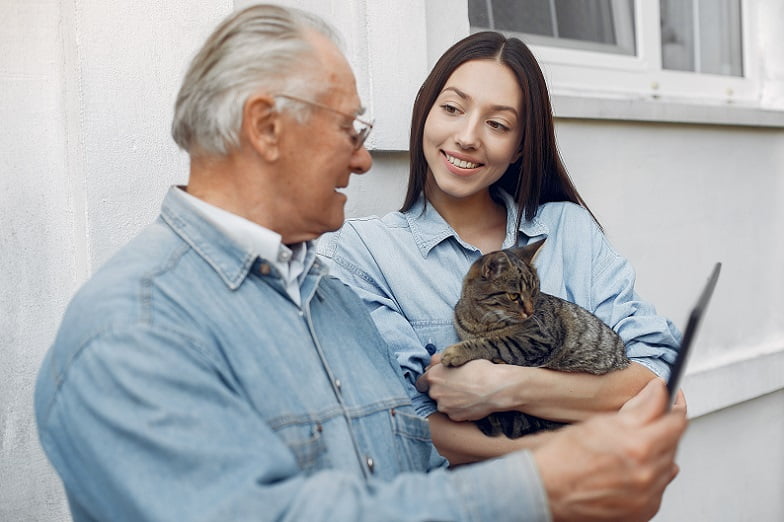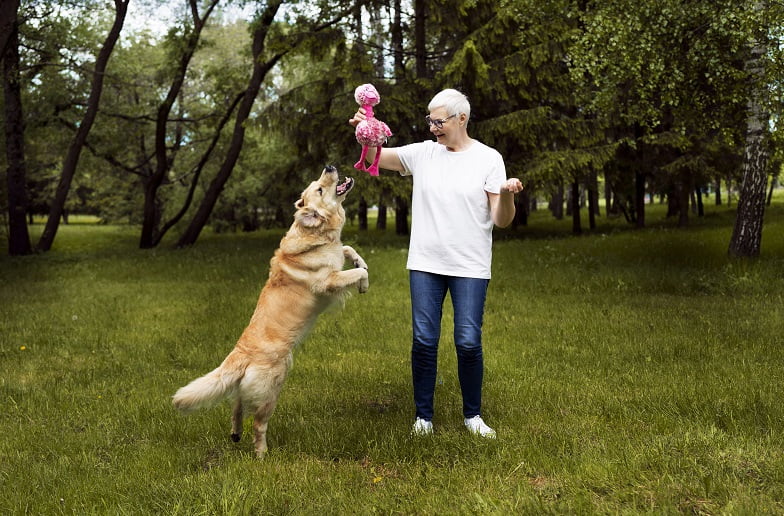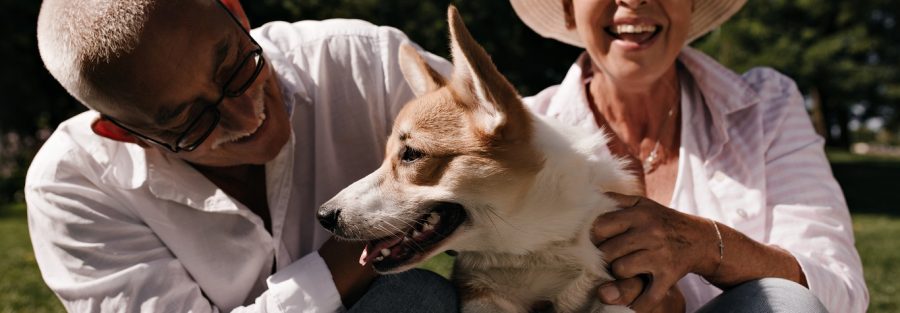The Positive Impact of Pets on the Lives of Older Adults
Pets are loyal and loving companions that can bring great joy to our lives. Additionally, they can have a positive impact on the emotional and physical health of older adults.
Why are pets beneficial for older adults?
Studies have shown that the simple act of petting a pet can reduce stress, lower blood pressure, and increase the sense of well-being in older adults. Furthermore, having a pet can help combat loneliness and social isolation, which are common among this population.
Emotional benefits of having a pet
Pets can be a constant source of companionship and comfort for older adults, especially those who live alone. They can provide unconditional love, affection, and a daily purpose through their care. This can significantly improve their mood and reduce feelings of depression and anxiety.
Physical benefits of having a pet
In addition to the emotional impact, pets can also be beneficial for the physical health of older adults. Studies have shown that walking or playing with a pet can help improve mobility and balance in this population. It has also been found that older adults with pets visit the doctor less frequently and take fewer medications.
What pet is best for older adults?
There is no single answer to this question, as each person has different preferences and needs. However, some of the most common pets among older adults are small dogs, cats, and birds. These pets are generally low maintenance and provide constant companionship.

How can older adults properly care for their pets?
It is important to consider that pets require constant care and responsibility. Therefore, before adopting a pet, older adults should assess their ability to care for and provide a healthy life for them. This includes ensuring they have enough energy and mobility to walk the dog or play with the cat, as well as being able to provide proper food and veterinary care.
Additionally, it is important to consider the age and temperament of the animal before adopting it. Younger animals may be more energetic and require more attention, while older animals may be calmer and more suitable for older adults with less energy.
Additional benefits of having a pet in old age
Beyond the emotional and physical benefits mentioned earlier, pets can also help reduce stress and improve the mood of older adults. The constant companionship they provide can decrease feelings of loneliness and increase the sense of purpose in life.
Having a pet can also be an incentive to stay active and socialize. Walking the dog or participating in activities with other pet owners can help older adults stay fit and connect with other animal lovers.

In conclusion, having a pet can be an invaluable source of joy, companionship, and well-being for older adults. The attention and care of an animal can offer a renewed purpose, motivating them to stay active and socially connected. However, it is essential that they assess their own capabilities and needs before adoption to ensure they can provide a safe and loving home. With proper planning, pets can transform the lives of older adults, offering countless benefits and enriching their golden years with unconditional love and constant companionship.


